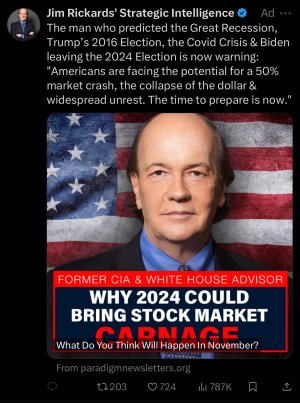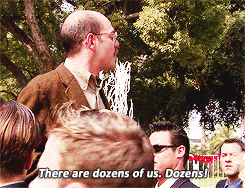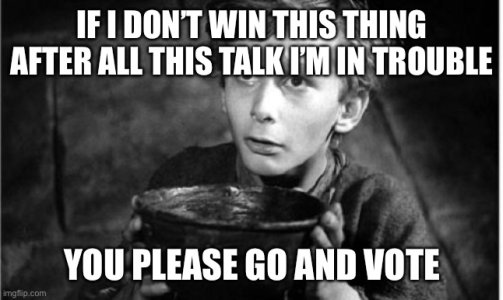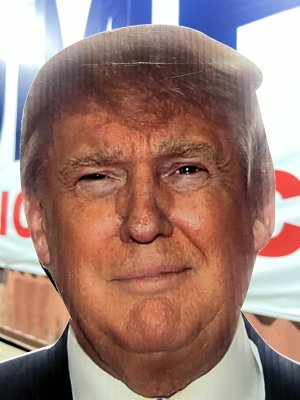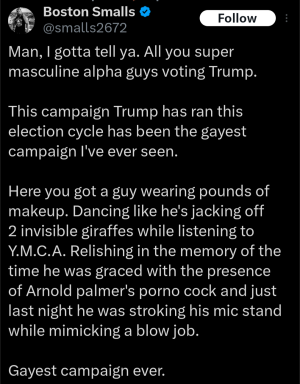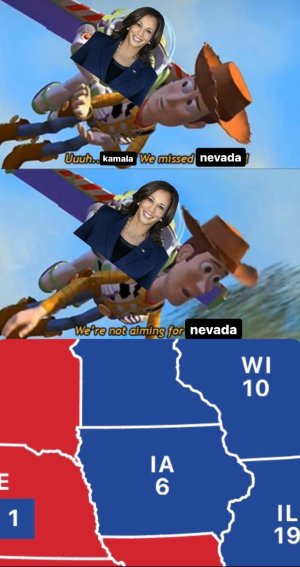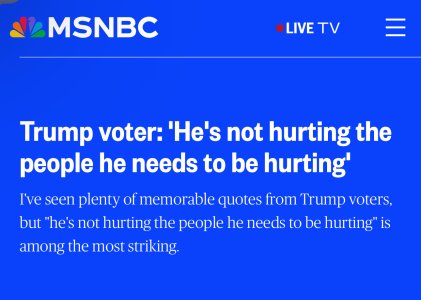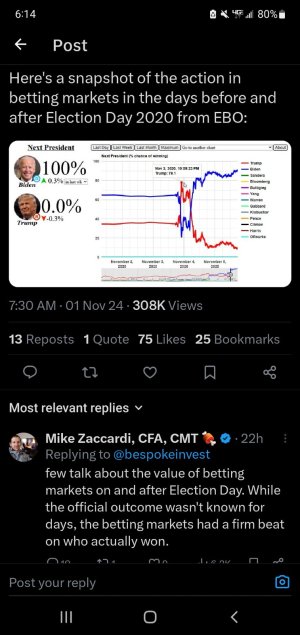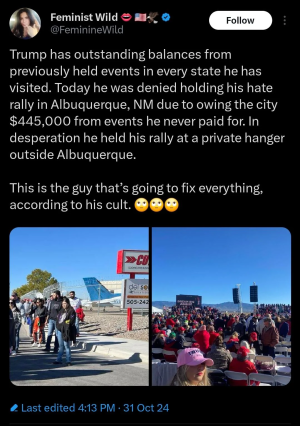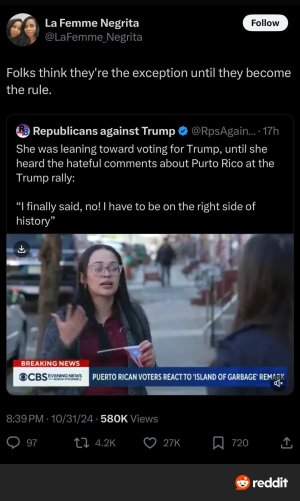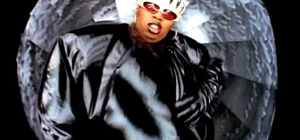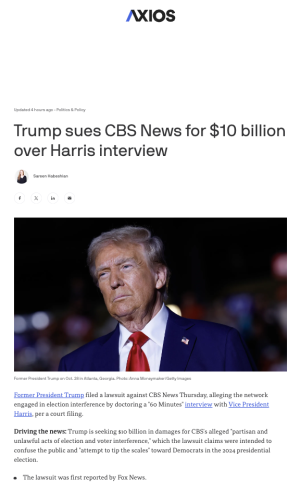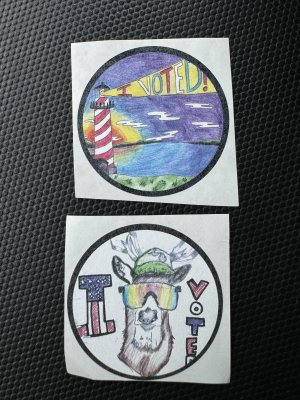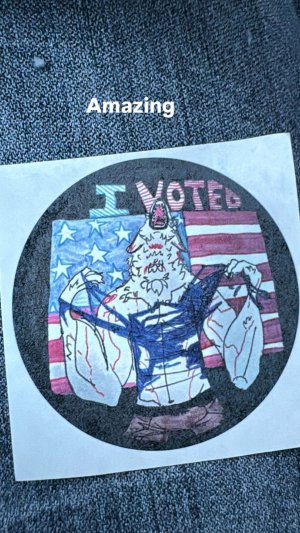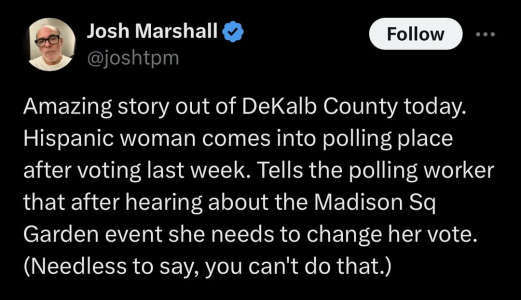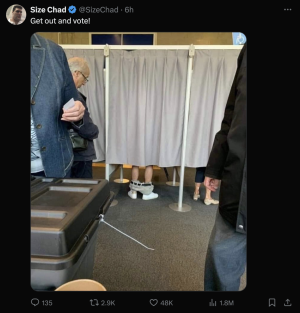- 6,870
- 16,759
When I was learning how to code one of my teachers taught me to always be mindful of what your creations can be used for. But it's hardNo one thinks their program will be abused for potentially sinister means unless it was purposefully made to be malicious and even then most of the guys who write malicious code do it as a joke or just for personal use and then they share it with a friend....who shares it with a friend...who shares it with a friend....who shares it with the internet
But they're not "Take over the world" types although I will say a fair share suffer from delusions of grandeur

To address both of you guys' points, I would say that most people who get degrees in the STEM fields are very good social science and humanities students both in school and as lifelong learners. This is incredible because the right wing has been conducting a massive campaign to hold up STEM and denounce all other fields. Few succumb to that siren song but some do and boy, oh boy, is it ugly.
On the other hand, the callousness of Silicon Valley elites speaks more to the callousness of business leaders rather than an empathy gap among scientists. Remember that most of the famous Silicon Valley players have little to no scientific background and they mostly have elite MBA experience. So while Harvard and Stanford's business schools produce some awful, awful people, we shouldn't conflate them with the majority of scientists, engineers and mathematicians who are often times very well read and ethical people.
I recall in my first year, year and half of grad school, my classmates and I relearned economics in the language of mathematics. About a third of my classmates learn most or all of the material for the first time since their undergrad background was in STEM. While they could conduct the mathematical models and do the proofs faster and more elegantly than me, they often times would talk to me and ask me about the human and public policy consequences of what we were working on. They knew that I had double majored in history and that I was very good at economics, as a social science. In exchange for my consultation, they showed me how to be more comfortable with higher math. That experience really showed me that, specific degrees and fields are less important than I had previously thought and I could finally see a great community of scholarship across all disciplines, sitting both inside and outside of Academia.
As a result of that experience and my experience with my wonderful Econ 101 professor in undergrad, I started the practice of surveying my class and asking what every student's major was. When I lecture, I use mathematical models, graphical models and then plain English and anecdotes to illustrate the same point because I know that I am teaching students will all sorts of interests and learning styles. When a student talks to me about a particular point, I know what their major is and can articulate the point in a way that I think will make the most sense.















